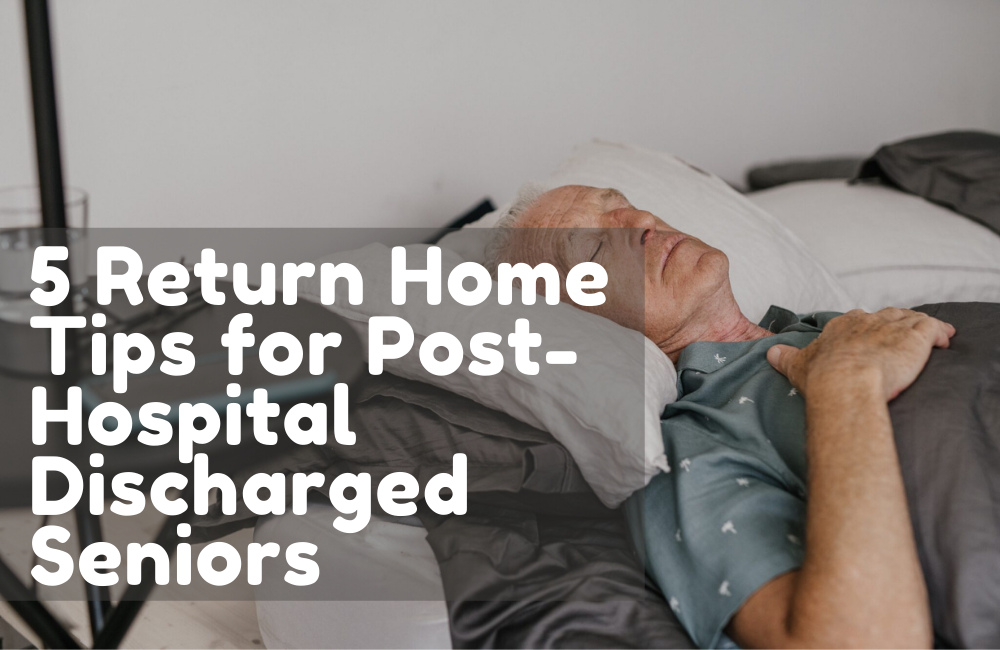Many decisions must be made when it is time for your loved one to be discharged from the hospital. This part of the healing process is as essential as in-hospital treatment, but it is prone to several problems owing to a lack of monitoring.
What Exactly Is Discharge Planning?
Discharge planning is a set of checklists or procedures identified to provide a patient smooth transition from one environment to another. Discharge planning should ideally be done as a team effort, especially for the most complicated medical conditions. Here are five tips you can follow to make sure your loved one gets the best post-hospital care,
1. Gather As Much Information About Their Condition Before You Leave
While going home is a tremendous change after weeks of staying in the hospital, you still want to make sure you come home armed with as much information as possible. Different conditions entail different needs. Hospital personnel are more than capable of filling you in on this. Even if you lack medical training, you can still learn telltale signs your loved one needs urgent medical attention or indications that they still need more recovery time.
2. Ask If There Have Been Any Changes in The Medication
The medication regimen, more often than not, tends to be the most mistake-prone post-hospital discharge. Make sure you run through the list of newly-added medication and ensure you’re up to date with the dosage and intake schedule. While it’s important to know which drugs your loved one will be taking, it can be just as important to know what to avoid.
3. List All the Upcoming Doctor’s Appointments
Missing a doctor’s appointment can pose enormous ramifications for your parent’s long-term recovery. Doctor’s appointments are meant to gauge the progress of your loved one’s recovery. They are essential checkpoints to decide whether to send your loved one back to the hospital or afford them more freedom than physical or social activities. Going with your loved one to the doctor’s clinic also provides your parent’s a much needed emotional support.
4. Ask What Daily Activities Your Elders Could Need Extra Assistance With
Many post-hospital discharge seniors will have difficulty with their usual home activities. Mundane things like taking a shower or changing clothes may pose great difficulties, especially if they just underwent surgery. Your medical professionals can advise what assistance would best address their needs. It’s also crucial that you inquire about what household activities or chores your parents can do. These activities are a great way to stimulate their minds and give them a sense of purpose.
5. Request for a Written List of Step-By-Step Discharge Instructions
Before being discharged, ensure that you get clear, easy-to-understand written instructions from the hospital. If you don’t understand the instructions, go over them with the staff. Make copies so that you and your loved one get the same information, and revise them if required so that they can easily follow.
Conclusion
It goes without saying that when your loved one leaves the hospital, they have no intention of returning anytime soon. Ensuring they get the support they need around the house is one of the most excellent strategies to decrease their chances of readmission. Following a hospital release, in-home care ensures that your loved one receives the exact assistance they require to maximize their chances of a full recovery.
If you’d like to provide licensed clinical support and care to your loved ones while they recover at home, Bridge Home Health & Hospice can help address their unique needs from a medical perspective plus more. Get in touch with us to know more about home assisted living in California today!

